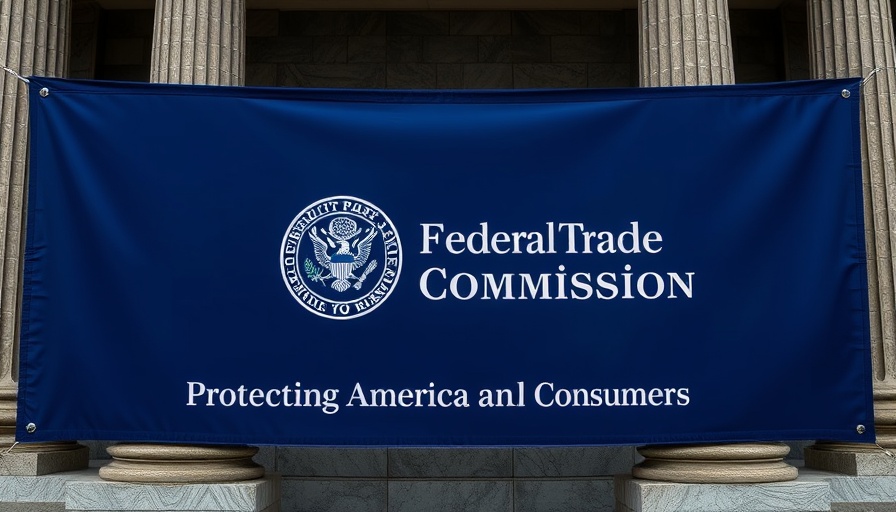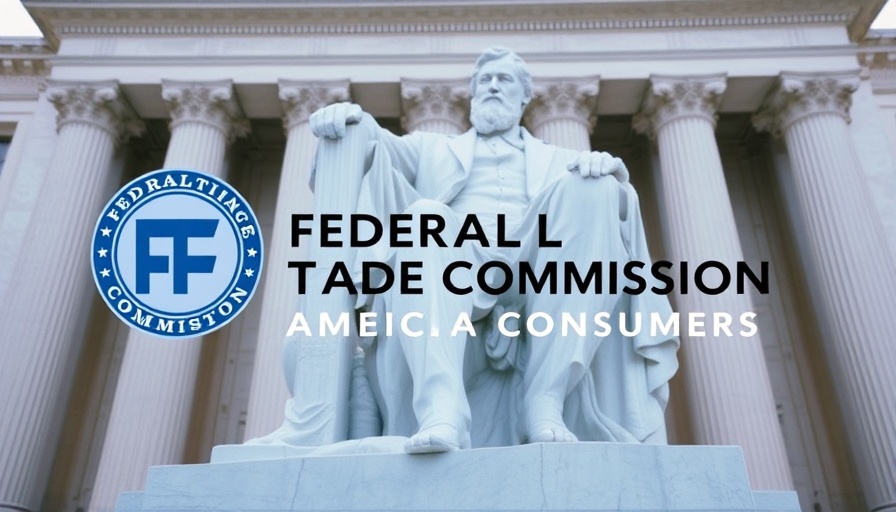
Vroom’s Deceptive Practices: A Deeper Look
In a significant move for consumer protection, the Federal Trade Commission (FTC) is set to distribute over $934,000 in refunds to more than 20,000 consumers adversely affected by Vroom's questionable car delivery practices. These refunds arise from a complaint filed in July 2024, spotlighting Vroom's compliance failures concerning federal regulations aimed at safeguarding online car buyers.
Understanding the FTC’s Complaint Against Vroom
The allegations against Vroom are serious. The FTC contends that the online car dealership neglected key regulations outlined in the Mail, Internet, and Telephone Order Rule, the Pre-Sale Availability Rule, and the Used Car Rule. Specifically, Vroom misrepresented the extent of vehicle examinations before sales. Furthermore, the company failed to inform consumers about shipment delays and neglected to issue timely refunds when promised deliveries fell through. This failure to adhere to the Used Car Rule, including a lack of necessary information in the Buyers Guide, underscores the systemic issues prevalent in Vroom’s operations.
Implications for Online Car Dealerships
This FTC action serves as an important reminder for online car dealers. The high stakes involved in consumer trust and regulatory compliance cannot be overstated. As Vroom’s practices come under scrutiny, other dealers must evaluate their methods to ensure they provide transparent and reliable service. With consumer confidence on the line, proactive measures are essential to avoid similar pitfalls.
Learning from Vroom’s Mistakes
The case against Vroom illustrates the risks associated with misleading advertising and insufficient communication with consumers. For business brokers engaging with car dealerships, understanding these legal frameworks is crucial. Proper compliance not only protects consumers but also enhances a dealership's reputation and fosters long-term relationships based on trust.
What Consumers Should Know
As the refunds roll out, over 20,000 consumers are set to receive compensation for their inconvenience. The FTC’s responsive measures reflect its commitment to protecting consumer rights and ensuring that businesses adhere to established regulations. It is vital for consumers to stay informed and vigilant, especially when engaging in online purchases, and to utilize FTC resources for reporting potential fraud or deceptive practices.
 Add Row
Add Row  Add
Add 




Write A Comment